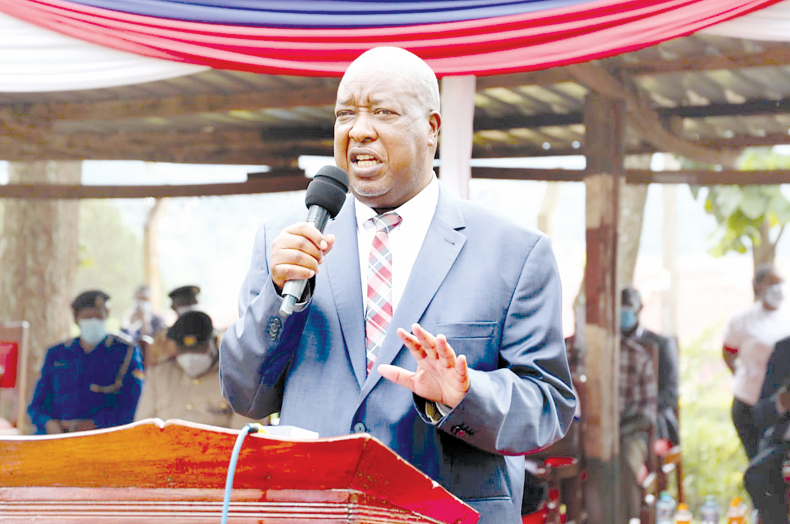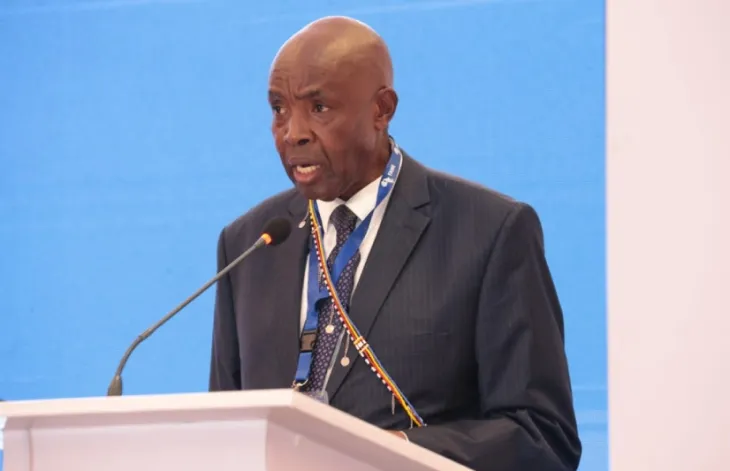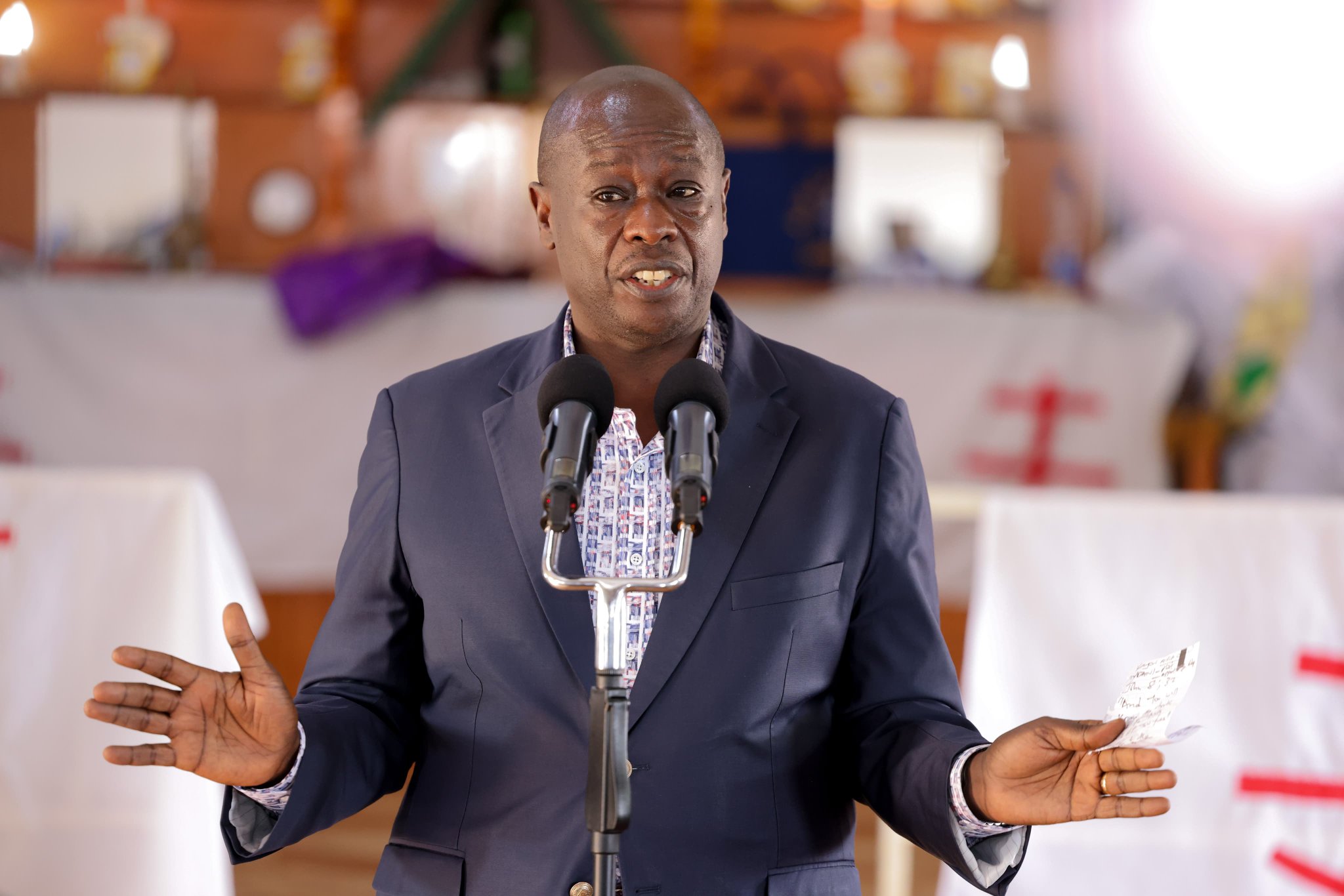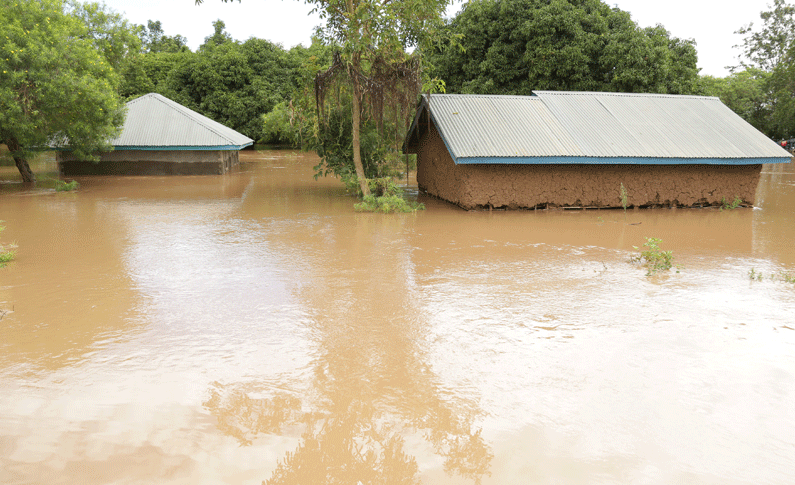State must move with speed to avert food crisis
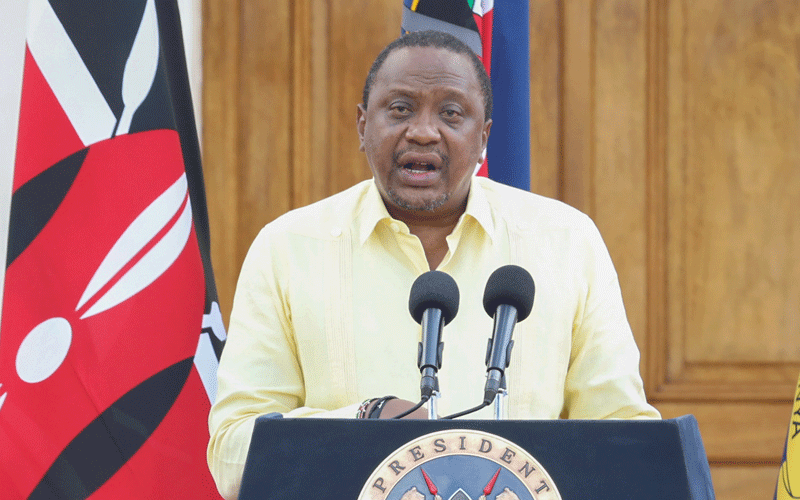
Reports that the country faces a serious food shortage show the unprecedented scale at which economies and livelihoods are being disrupted as the world battles the coronavirus pandemic.
The virus has jolted all nations, including superpowers, into the realisation that they need to cease all forms of hostilities and conflict, and unite in the war against the disease.
“Our world faces a common enemy, Covid-19. The virus does not care about nationality or ethnicity, faction or faith.
It attacks all relentlessly. That is why I am calling for an immediate global ceasefire on all corners of the world,” says United Nations Secretary-General António Guterres.
Although the pandemic is a health crisis, its implications are more far-reaching, as they threaten global peace and security, constituting the gravest crisis since the UN was founded 75 years ago.
Governments are also struggling to address rising unemployment and a dramatic economic downturn.
Developing countries such as Kenya face the prospects of negative growth, declining tax revenues, rising debt, a weakened shilling and a looming food crisis.
Agriculture Cabinet Secretary Peter Munya has announced the importation of two million bags of maize to plug the shortfall after Strategic Food Reserve chairman Noah Wekesa said food stocks have run out, requiring the importation of four million bags of maize.
A troubling period for the mainstay of the country’s economy now reeling from the impact of the pandemic, a locust invasion, the fall armyworm and corruption.
This has resulted in supply chain and trade interruptions, unemployment and rising poverty levels.
The International Food Policy Research Institute has just launched the Global Food Policy Report 2020, stressing the urgent need to build inclusive food systems.
With thousands confined to home due to the pandemic, food consumption has shot up and shortages could soon reach crisis levels requiring targeted social protection for the most vulnerable and the building of an inclusive food system for long-term resilience.
The government needs to urgently come up with and implement policies that ensure the food system is inclusive of smallholders, youth, women, the poor and marginalised people.
Global Panel on Agriculture and Food Systems for Nutrition co-chairs, retired Ghana President John Kufuor and Sir John Beddington, recently captured this challenge on food security and nutrition posed by the pandemic.
“The unprecedented Covid-19 pandemic has brought the fragility of food systems more sharply into focus.
It shows how low- and middle-income countries are particularly vulnerable to shocks that affect health and food supply systems, threatening individual livelihoods as well as entire economies,” they said.
With its economy severely affected, Kenya must reach out to the international community to help tackle the impending food security crisis.
African Union Chairperson, South Africa President Cyril Ramaphosa on Sunday welcomed the pledge by G-20, World Bank, IMF, European Union and other financial institutions to help African countries.
He noted that in the light of the devastating socio-economic and political impact of the coronavirus pandemic, these institutions need to support African nations facing serious economic challenges with a comprehensive stimulus package, including deferred debt and interest payments. — [email protected]
